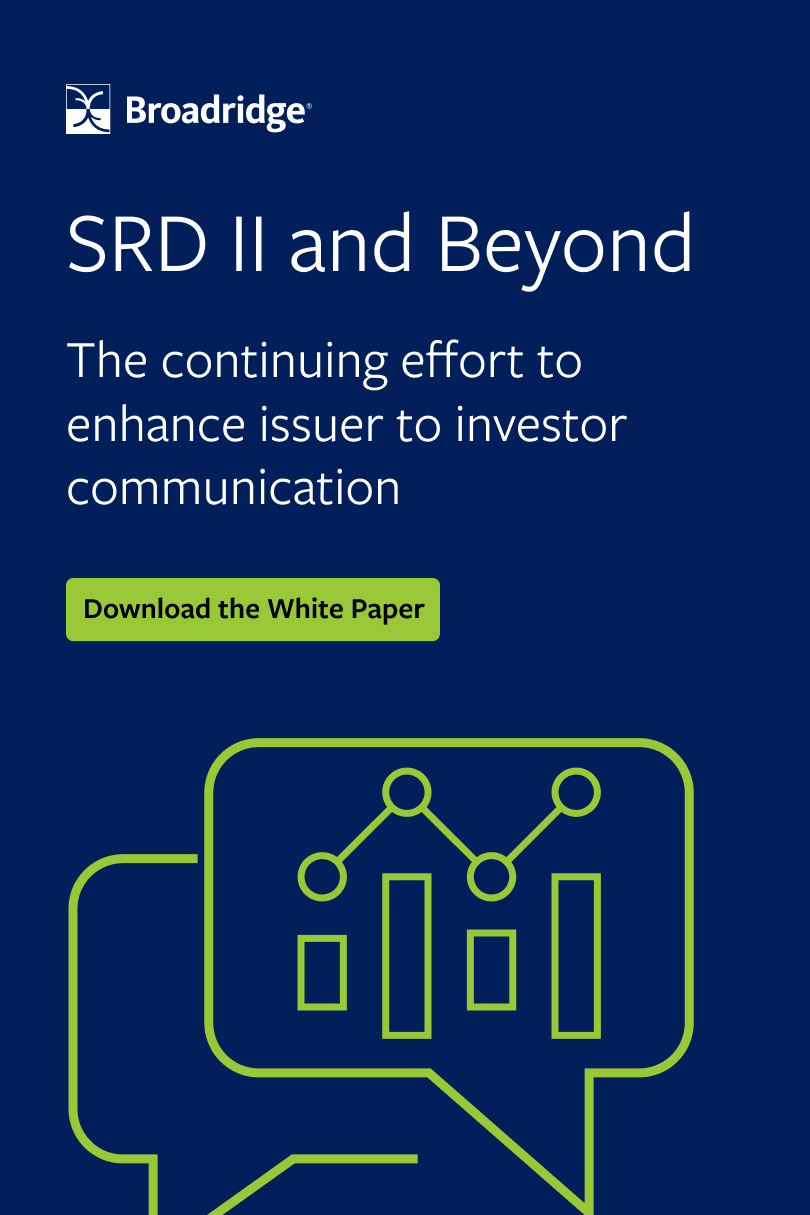Kate Webber and Lisa Worley discuss the new partnership between Women in Asset Servicing and Embark Group and what they will be working on in the next 12 months
What has WiAS been working on since launching in 2019?
Kate Webber: Until now, WiAS has been focused on informational events, open to all which would also provide an opportunity to network. We’ve covered a range of topics from nurturing talent, to public speaking. The Gap Partnership also supported us with events on negotiation which were very useful for many of our members. Our final live event before the pandemic was called Careers Don’t Go in Straight Lines. Since lockdown, we’ve been putting on virtual events, including Keeping Your Profile Up and Bridging the Racial Divide.
We look to create events with stories, events that our audience can relate to and get practical information at the same time. This month we had an event called ‘Demystifying the Board’, which focused on how women can consider a non-executive director role as part of their career portfolio.
Our plans for the future include creating more short videos, which we think is a great format for engaging with people, as well as taking the opportunity to speak to sixth formers about potential careers in financial services, as well as about more general topics, such as how to be confident in the workplace and the value of STEM education for young women.
How well represented are women in asset servicing, especially in more senior roles?
Webber: Not enough is the simple answer. This has real-world implications, beyond the women in our group too. Women are choosing to take responsibility for their own savings and investments and not pass it onto a male family member. Our industry, therefore, needs many more women in order to be relevant to all clients and to end investors. To dig down into this further, organisations need to have targets for female representation at senior levels. It’s clear some are doing far better than others. They need to actively seek a diverse slate when recruiting and look beyond the obvious internal candidates, which runs the perennial risk of meaning that promotion is done in one’s own image and not in the best interests of the company.
Women choose to work and stay in a culture where they feel they have the opportunity. Organisations, therefore, need to create inclusive cultures which cater to both male and female employees, but that also ensure women are visibly successful and are seen as role models. That takes time because talent always has to be nurtured to be successful. I do sense real change despite these concerns. The business case for diversity is not up for debate. The COVID-19 pandemic has likely had a negative impact and we will need to rebuild confidence, and the willingness for women to take personal risks in their careers again.
WiAS recently announced a new partnership with Embark Group, what will the partnership provide WiAS?
Lisa Worley: Embark will provide practical support, resources and expertise including marketing, content production and web development. Embark will also help in attracting speakers for events and help to further increase the reach and impact of the group by promoting WiAS through its social channels and newsletters.
How will WiAS support Embark?
Webber: WiAS supports all Embark colleagues through access to their events and content and the ability to build a valuable network of relationships from across the wider industry. Some members of the network will also become mentors to Embark’s graduates, giving them invaluable support and guidance as well as exposure to a diverse range of ideas and best practice from across the industry.
Worley: WiAS and Embark will also use their collective firepower to raise awareness of key issues of gender equality in the industry, in the hope of making the sector more attractive to more women. Our future ambitions for the partnership include mentorship schemes, volunteering programmes, raising the visibility of asset servicing as a career path at STEM events, and building close working partnerships with other STEM supporting groups.
How important are partnerships like this one?
Worley: Extremely important, when organisations pool their resources and combine their energy and focus, they can do so much more to make progress on issues that matter. Partnerships like this can really help to create a more responsible sector that can then attract and promote a wider diversity of talent over time.
Are you seeing high levels of female millennials entering asset servicing right now?
Webber: The job market is quite depressed across our industry at this time. But, there are a number of firms that are still hiring, including smaller fintech firms. What worries me is that many of the roles that women may have traditionally sought in our industry are being overrun by the advance of technology. Technology is not a bad thing for the industry, but it can lead to backwards steps in gender diversity.
We actively need to encourage girls into IT. This is why Code First: Girls and similar organisations are great. We need to ensure girls, boys, and their teachers see that regardless of what they want to be in life, technology will play a key role. None of us can predict the future of work, but we can bank on the impact of technology. Positively, there are some really talented and spirited young women in asset servicing today.
I’ve come across many who are confident, articulate and a joy to work with. There are not high numbers entering asset servicing and for us to appeal to young women, we need to create more role models, who themselves will need more opportunity for success.
I am particularly heartened by campaigns by women like Cynthia Poole who is actively encouraging younger women in the advice space; indeed that is a slowly emerging success story where we are seeing better gender rates at a younger age, even if it doesn’t translate, yet, at more senior levels.
What can the industry do to increase diversity, not just in terms of gender equality, but also in the representation of ethnic minorities and in the representation of the LGBTQ+ community?
Worley: Create more inclusive workplaces, where different experiences, backgrounds, perspectives and thinking is not only embraced and valued but actively encouraged and promoted.
Support networks such as WiAS that provide both peer and role model support to help people build their relationships, skills and confidence to help people to achieve their ambitions and be more successful in the workplace — success breeds (and attracts) success.
What will WiAS and Embark Group be working on in the next 12 months?
Webber: Over the next 12 months, we will be developing and launching a WiAS website to create a digital hub to better connect our network and share more insights and content to help our members. We will also be collaborating on an event schedule for the remainder of 2021 which will look to include guest speakers from Embark and its wider network.
Worley: A key objective for the partnership is to extend the reach of the network and part of that work will involve exploring the skills and experience of the members to further develop the mentoring scheme.
It’s also crucial to include more men within the partnership to be active allies, to help us work together towards improving gender equality.
Engaging men is key to creating a shift in corporate culture and encouraging more women into what has been a traditionally male-dominated sector.



